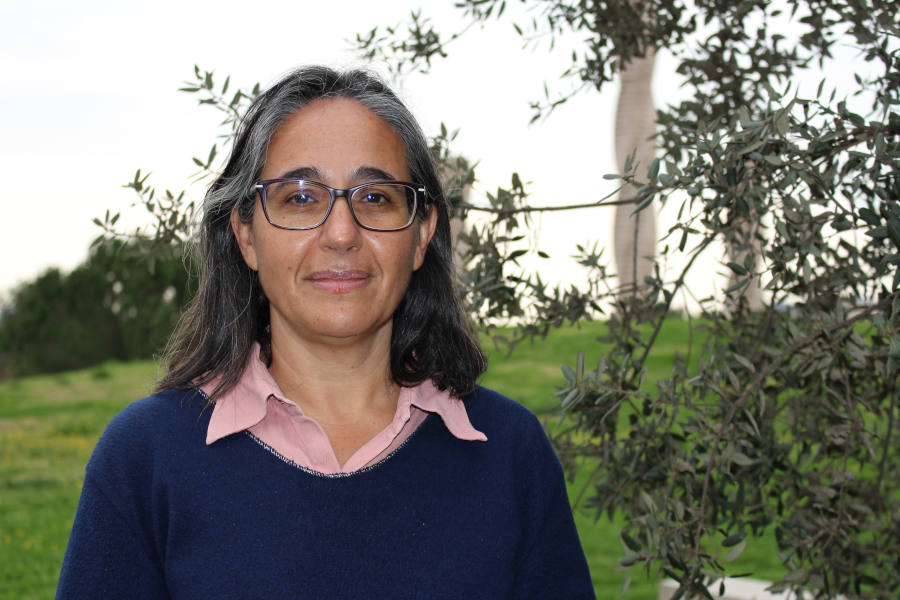Researcher Victoria Reyes García awarded Premi Jaume I in Environmental Protection
Victoria Reyes García, professor at the Catalan Institution for Research and Advanced Studies (ICREA) and researcher at the Institute for Environmental Science and Technology of the Universitat Autònoma de Barcelona (ICTA-UAB), has been awarded the Rei Jaume I Prize in the Environmental Protection category.

"More than a personal award, I see it as recognition of the need for an interdisciplinary approach to tackling complex environmental problems”, Reyes García said.
The award recognises Reyes García’s “innovative transdisciplinary research” on the relationships between humans and the environment, “emphasising the importance of Indigenous and local knowledge systems in both climate action and conservation.” The Jaume I Prize jury—unique in Europe for including 20 Nobel laureates among its 100 members—acknowledged that Reyes García brings truly unique perspectives to the shared agenda for transforming how humans understand and act to protect the environment.
This year, 34 researchers competed in the Environmental Protection category, 12 of whom were women (35%). The prize honours individuals whose research significantly contributes to environmental improvement, with special emphasis on studying the causes and consequences of climate change and exploring potential solutions.
Victoria Reyes García (PhD in Anthropology, University of Florida, 2001) is an ICREA Research Professor at the Institute for Environmental Science and Technology, Universitat Autònoma de Barcelona (ICTA-UAB) since 2006. Her research centres on Indigenous and local knowledge systems and their contributions to addressing contemporary environmental challenges, including biodiversity loss and climate change. From 1999 to 2004, she lived among the Tsimane’ in the Bolivian Amazon and has since conducted extensive fieldwork across Spain, India, Mexico, Cameroon, Indonesia, and Senegal.
She cofounded the Laboratory for the Analysis of Socio-Ecological Systems in a Global World (LASEG) at ICTA-UAB, which examines the effects of global change on social-ecological systems.
Upon learning she had received the award, Victoria Reyes expressed that she was “very happy and, as always, a bit surprised. I’m aware that there’s an element of luck in these recognitions. The Spanish scientific system is full of talent, and the selection is never easy”. She noted that “granting this Environmental Protection Award to an anthropologist represents, for me, an important institutional recognition that the challenges of climate change and biodiversity loss cannot be addressed through technology alone,” and emphasised that solutions must also be—and often primarily—social. “In that sense, more than a personal award, I see it as recognition of the need for an interdisciplinary approach to tackling complex environmental problems”, she said.
Reyes García has co-authored approximately 300 peer-reviewed articles, co-edited three books, and supervised 25 PhD students. Her research has been supported by the National Science Foundation (NSF) and the European Research Council (ERC). From 2010 to 2015, she directed an ERC Starting Grant (LEK) exploring the relationships between biological and cultural diversity through a cross-cultural lens. In 2017, she secured an ERC Consolidator Grant to examine how Indigenous and local knowledge can inform research on climate change impacts (LICCI).
She has actively contributed to international policy efforts, such as the IPBES Global and Transformative Change Assessments, the IPBES-IPCC report, and the UNESCO’s Network for Earth. Her contributions have earned her prestigious accolades, including the Narcís Monturiol Medal for scientific merit (2020) and membership in the U.S. National Academy of Sciences (2021) and in the French Academy of Agriculture (2022).